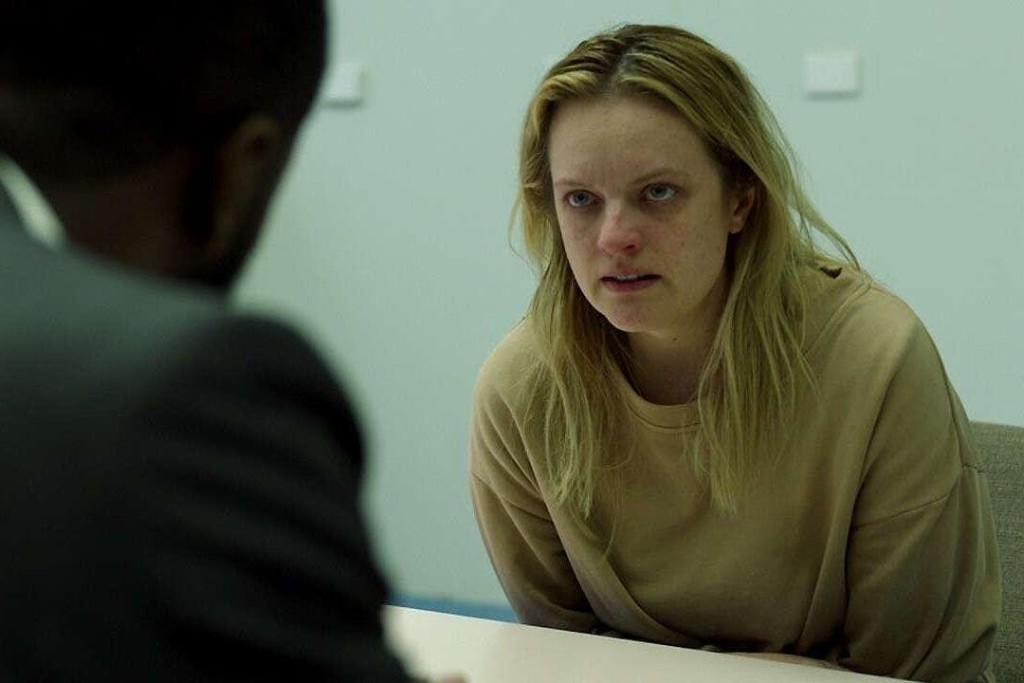It is Day 11 of the 2 Week Script Challenge.
I’ve asked you to write 8 pages a day. Which would mean, if you’ve been good, you will be writing pages 80 to 88 today.
Now here’s the good news if you’ve gotten this far. The last 30 pages of your script are the most structured of the entire screenplay. Your script is ending which means all you have to do is write a series of scenes that build to a climax.
If your script is between 100-110 pages, this will likely be where you introduce your LOWEST POINT. Your lowest point is where your heroes experience their biggest fall in the movie up to this moment. It looks as if there is no chance they will survive or succeed.
Notable LOWEST POINTS from films include Darth Vader striking Obi-Wan down in Star Wars.
There’s the house flooding scene in Parasite. A huge storm sweeps into their lower-than-ground-level home, making it unlivable.
The attempted suicide scene in The Invisible Man. Our heroine is in a mental hospital. It doesn’t look like there’s any way out except for death. And so that’s what she tries to do.
In A Quiet Place it’s when the dad is killed and the family is left to fend off the monsters on their own.
The lowest point scene is usually one of the more fun scenes to write because it’s such a big moment in the script. So this is always an exciting moment in the writing process for me. Well, anything where I’m able to leave the second act behind is an exciting moment.
From there, you’ll have your “dwell on what’s happened” sequence. This can last anywhere between 1-4 scenes depending on genre, pacing, and just the overall story you’re telling. We have to feel the effects of what just happened to your hero.
After that they have a rebirth, put together a plan to achieve their goal, and off they go to the climax. Easy, right?
Most stories have a goal to begin with, which makes the ending easy to figure out (the goal in Raiders is to get the Ark of the Covenant!). But sometimes scripts don’t have obvious goals. Romantic comedies are famous for that. It’s more about the relationship than the plot. This is why so many rom-coms end up at the airport with someone leaving. Whenever your ending isn’t built into your plot, you lean into the only other structure you know – which is scenarios that have worked in other movies.
But there’s still hope for you non-goal oriented screenplay writers. I learned this one from Steve Faber and Bob Fisher, the writers of Wedding Crashers. They said that they toiled over how to end their script for months until the obvious answer came to them. It’s a movie about weddings. The climax needs to be a wedding!
So look at your subject matter and that’s typically where you’re going to find your ending. If you’re writing about two chess players who fall in love, your ending shouldn’t contain any trips to the airport. It should probably take place at the national finals of the chess championships.
Very proud of everyone who’s made it this far.
KEEP. ON. WRITING!!!!


